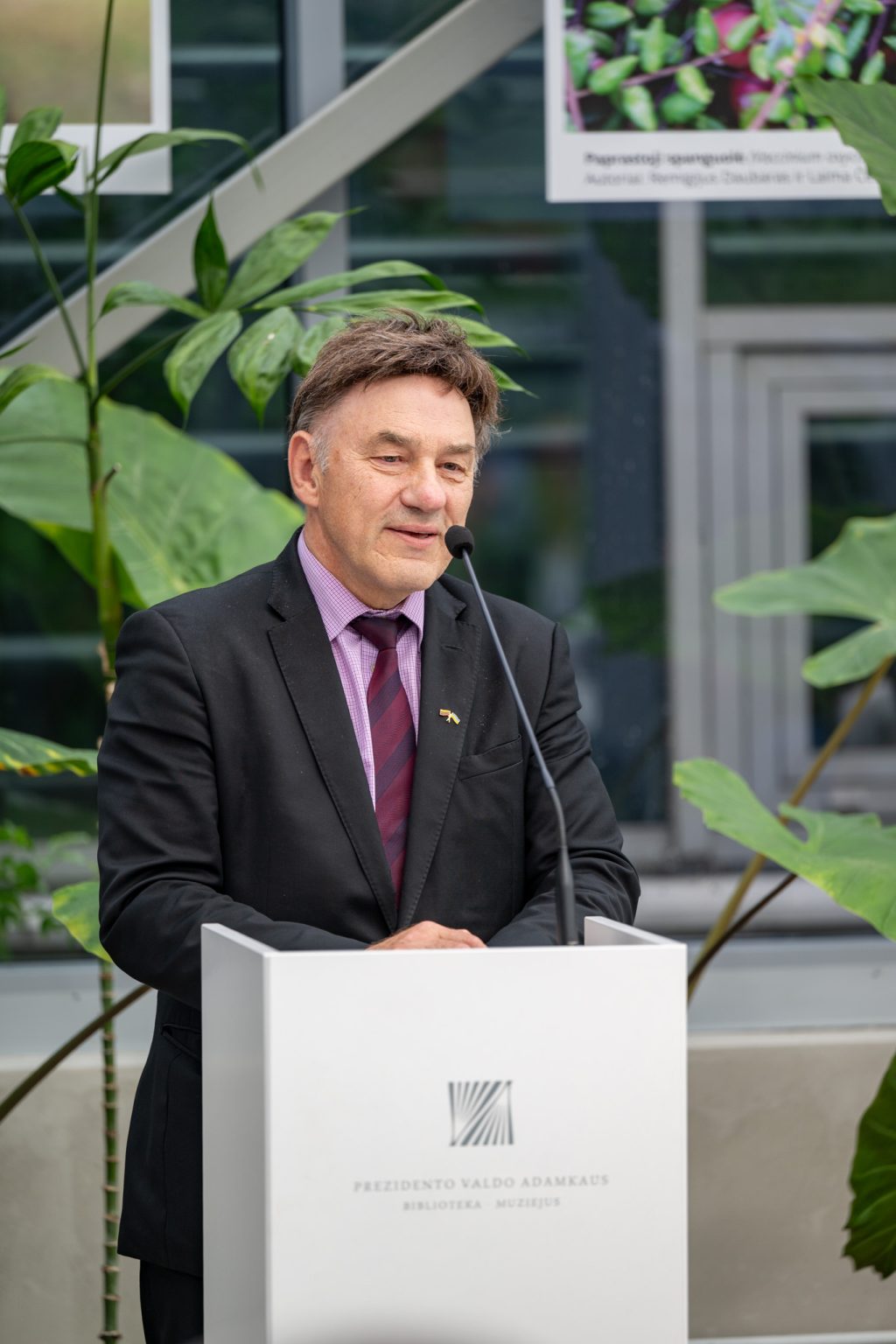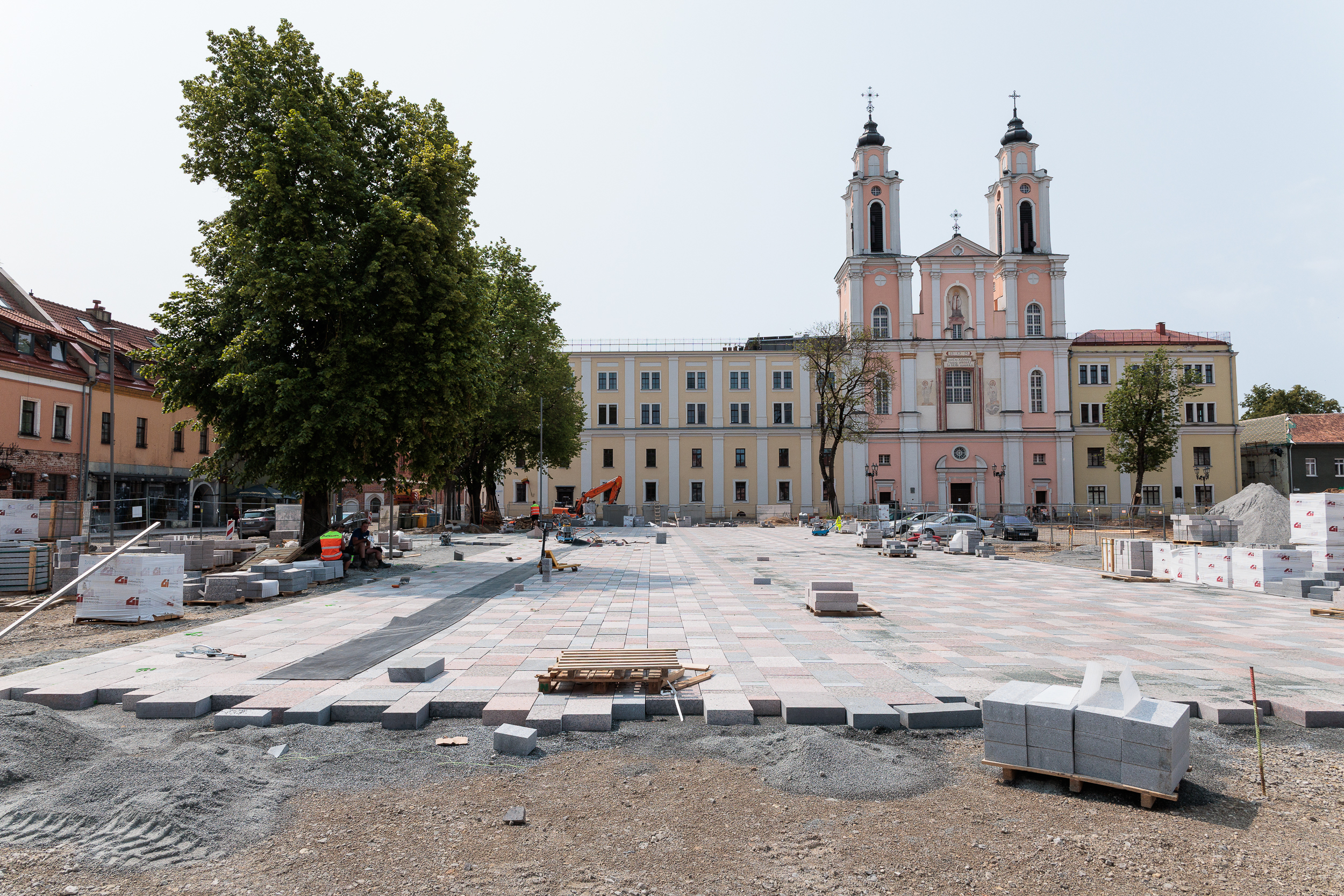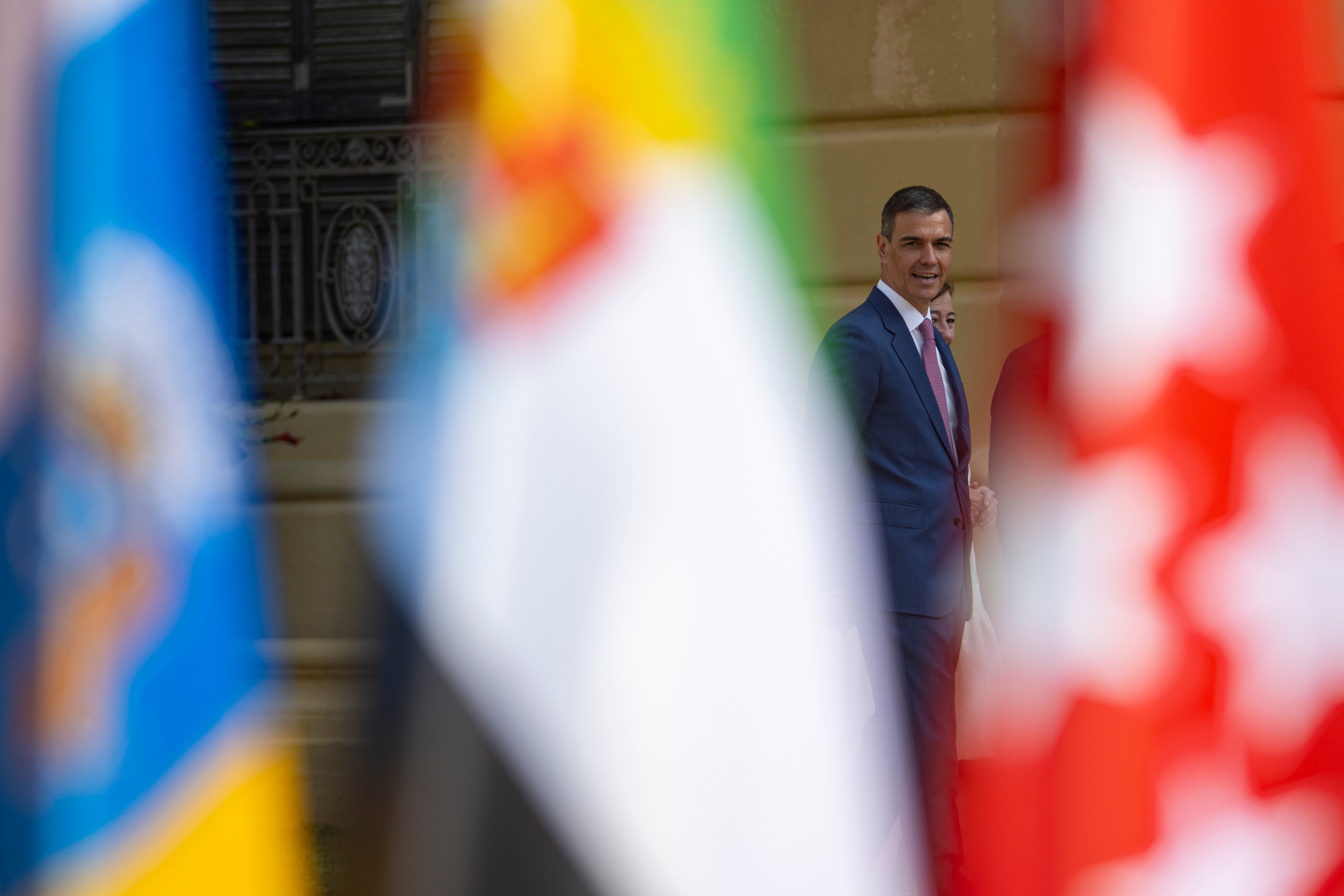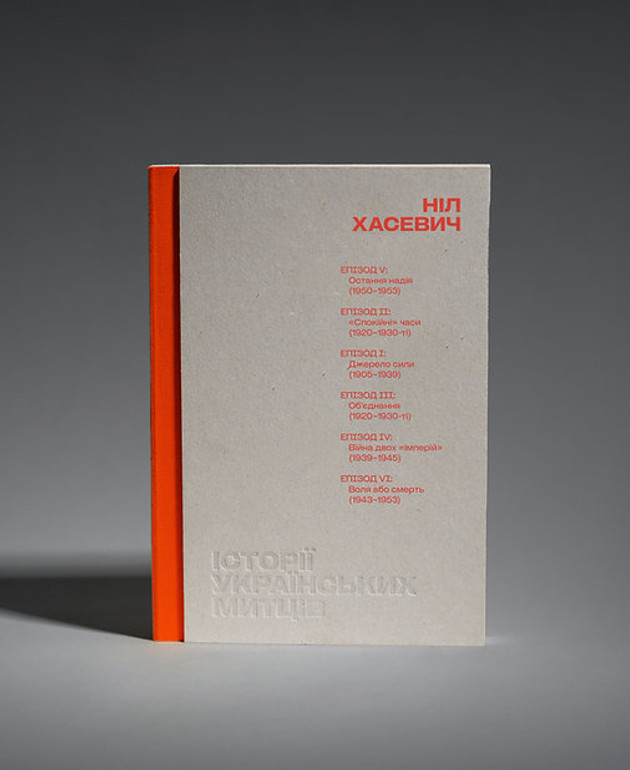named what the doctors are most afraid of

The chairwoman of the Lithuanian Medical Movement Board, Auriuris Gerliakienė, commented on whether it works in practice.
– What are the resonant cases that sounded all over the country when the workplace was attacked?
– One of the more pronounced cases is Kėdainiai incident, when it seems not the patient himself, but his loved one attacked and beaten a health worker. It was captured by video cameras. Another case is when the doctor himself broke an ambulance worker because he was not taken there by his mother. These are the main cases of publicly sounded, but there are more. For example, family doctors have experienced attacks on aggressive patients – broken tables, squeezed doors, and patients invading, commented and later publicized their actions. There were also cases where the nurses were sexually harassed while working in the patient's home. GMP staff has repeatedly encountered threats and insults, and were invited to places where aggressive individuals were waiting for them. We are delighted that our medical community, together with NGOs and Member of the Seimas Jurgita Sejoniene, initiated amendments to the laws adopted.
LNK stop shot.
– Where is the biggest problem?
– Ambulance staff and nurses who go to the patient's home are at greatest risk. Such an environment is unpredictable. For example, an invitation to a grandmother may seem safe, but the same apartment may have drunken grandchildren with friends who start harassing nurses. The lack of funding often occurs one by one, making it difficult to defend against aggressive patients or their relatives. The amendments to the law provided for the use of body chambers for medical staff, but their acquisition was left to the liability of medical institutions.
– Are there any funds to buy these cameras?
– There is no funds as needed. Under the contract, the main source of income of medical institutions is the PSDF budget, of which 80-90 % for salaries. The remaining funds for the purchase of body chambers are simply not enough, so they were purchased by only a very small percentage of institutions. Additional funding, perhaps from structural funds, would be needed, as medics must feel safe at the workplace. Patients will also benefit if the doctor feels safe.
– Have there been cases where amendments to the law have actually worked?
– I haven't heard any serious complaints yet. I think the media and public information played a big role – now both patients and doctors are aware of these amendments. Doctors can already warn patients or their loved ones that misconduct may lead to suspension of services.
Full LNK Report – In Video:
– In other countries, such as Latvia, Poland or Germany, doctors are better protected than in Lithuania?
– I can't say about Estonia, but last year I visited Latvia and there are the staff of the emergency service there are fully equipped with security measures. They receive funding directly from the state.
– Have there been cases where doctors have won cases against aggressive patients?
– I have not heard of such judicial proceedings. GMP staff often complains that judicial proceedings are tedious, it takes a lot of time and requires personal funds. Also, even if the case were won, fines are usually very small, so many doctors decide not to bother.
– Is it safe to be a medical doctor today?
– The situation of new laws really improved the situation. However, there are other problems that make the medical profession feel insecure. The biggest fear is to make a mistake because it can be threatened with very severe sanctions. Not necessarily every mistake is difficult, but at the moment there is no clear system that will distinguish small, medium and large lesions. The sickness funds should be accepted by a clear assessment system and will not punish everyone equally strictly.








